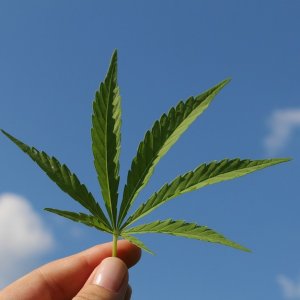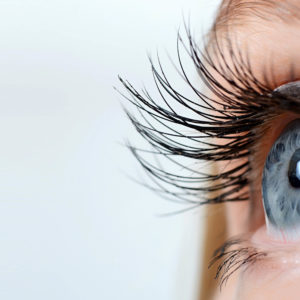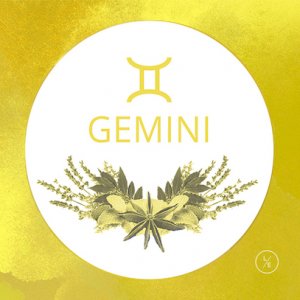Basil and Epilepsy
Epilepsy is a disorder where brain neuron activity is abnormal. This may lead to symptoms as mild as blank stares to as severe as tonic-clonic seizures with loss of consciousness and arms and legs flailing. Though widely purported online as contraindicated for use in epilepsy, there are no precautions or contraindications to basil for people with epilepsy or seizures mentioned in the Natural Standard or in Natural Medicines Database. Actually, many traditional and cultural medicine remedies for epilepsy included basil. Studies suggest that basil may be safe for use in people with epilepsy.
Two common varieties of basil are Ocimum basilicum (Sweet basil) and Ocimum sanctum (Holy basil).
Data on How Basil Can Help
The mechanism for why basil may affect abnormal brain activity is not fully understood. Regardless, studies have shown holy basil extract to decrease convulsive activity in electroshock models. Eugenol extracted from sweet basil has also been shown to decrease action potential in nerves in animal models. Preliminary research indicates that basil may help to alleviate mental fatigue and increase alertness, while simultaneously decreasing anxiety. Additionally, studies of basil, basil extract, and basil essential oils have demonstrated anti-inflammatory, anti-oxidant, and neuroprotective properties.
Basil interacts with barbiturate medicines including phenobarbital, pentobarbital, secobarbital, and lethargy. As a result, barbiturates given with basil may increase sedation. Use of diazepam for seizures or anxiety may cause amnesia, and basil may lessen amnesia. Data regarding the combination of other medicines used for epilepsy and basil are lacking.
Caution!
Use basil with caution in people with hypothyroidism, as studies have shown it to decrease blood levels of thyroid hormone (T4). It may also inhibit sperm production, act as a spermicidal agent, and inhibit fertility, so people who wish to become pregnant should use it with caution. Studies have shown basil’s possibility to lower blood pressure, thin blood, lower cholesterol, or lower blood sugar, so people who take blood pressure medicines, blood thinners (anticoagulant or antiplatelet medications), anti-diabetic, or cholesterol reducing medicines should take caution.
For a diet that can help reduce symptoms of epilepsy, check out this blog post.
For more of my natural wellness and essential oil education,









